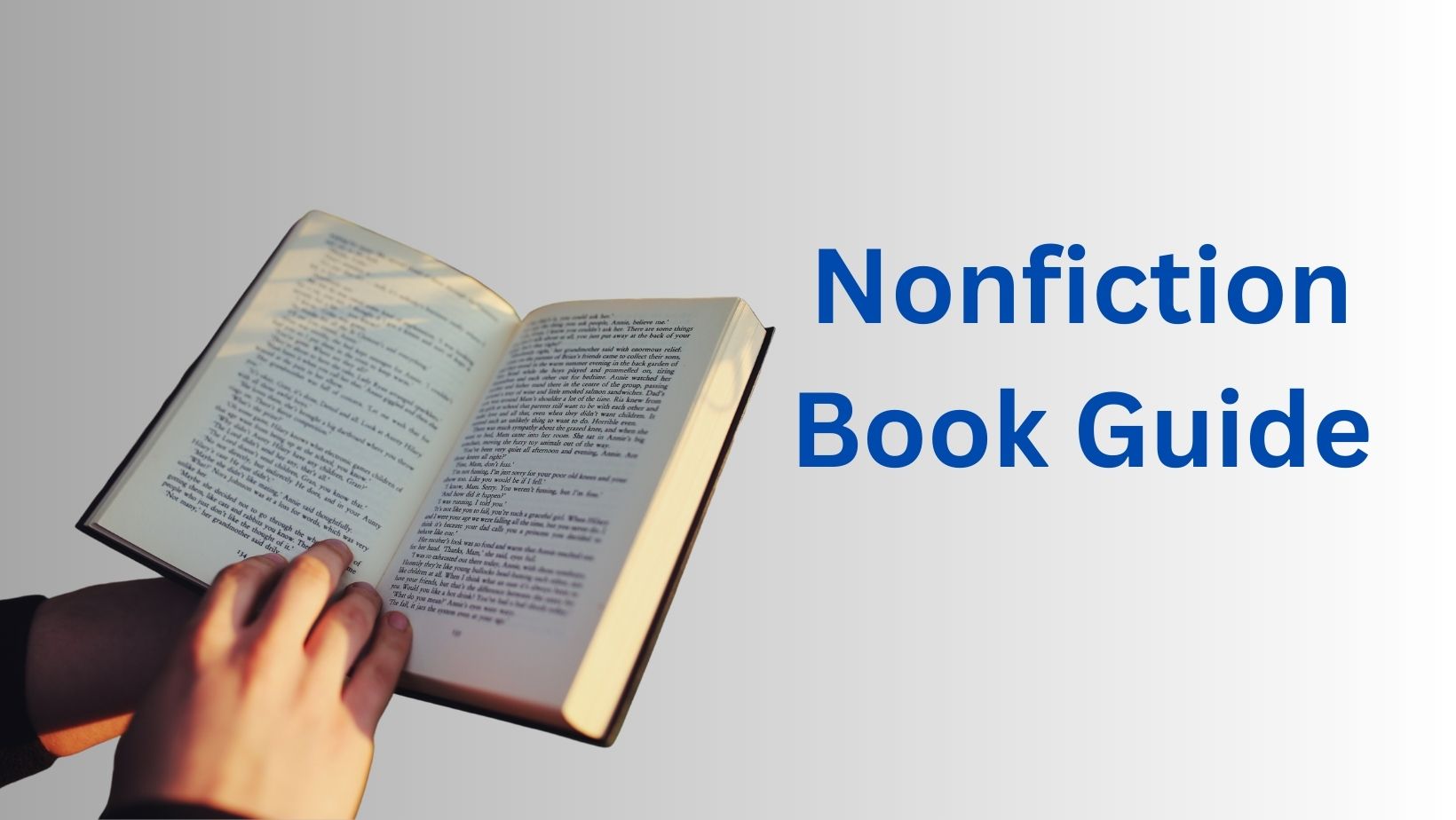Nonfiction writing is a delicate art, balancing hard facts with engaging storytelling to educate, inform, and inspire readers. From biographies and self-help books to historical accounts and scientific discourses, the Nonfiction Book covers a vast spectrum of subjects. But how does one successfully write a nonfiction book? Let’s explore the steps involved in this process.
Are you an aspiring writer looking for the ultimate guide to crafting your Nonfiction Book? Whether you have a self-help concept, a historical account, or any other idea in mind, achieving success in writing and publishing is within your reach if you follow the right steps.
Our step-by-step guide on how to write and publish a Nonfiction Book offers comprehensive instructions that will equip you with everything you need to embark on a successful literary journey. From generating ideas to promoting your finished work, we’ve got you covered. Prepare yourself, because there are no limitations to becoming the next bestselling author in the world!
Table of Contents
Establish Clear Objectives

Establish Clear Objectives and Create a Timeline for Your Writing Process. Success in any endeavor requires setting clear goals and having a plan to accomplish them, and writing is no exception. Without well-defined objectives and a roadmap to guide you, it’s easy to become overwhelmed and lose motivation. Start by considering what you want to achieve with your writing. Are you aiming to write a novel, a collection of short stories, or a memoir?
How many words do you plan to write per day or week? Once you have a clear vision of your goals, it’s time to create a timeline. Break down your writing project into manageable tasks and assign deadlines to each one. This approach will help you stay on track and steadily progress towards your ultimate objective. With commitment and a little planning, you can transform your writing dreams into reality.
Select a Nonfiction Book Topic
Select a Topic and Conduct Research to Gain Expertise in the Subject Matter. Choosing a topic to research may feel daunting, but it’s also an exciting opportunity to expand your knowledge and become an authority in a new area. Begin by exploring your interests and passions, then delve deeper into those subjects to uncover new insights and perspectives. Consider seeking out experts in your chosen field to gain valuable insights and learn from their experiences. With dedication and focus, you can become a true expert in your selected field, elevating your knowledge to new heights. So go ahead and select your topic—the possibilities are endless!
Organize your Ideas
Organize your Ideas and Create a Well-Structured Outline. Crafting a solid outline can be a game-changer when it comes to organizing your thoughts. An outline not only provides structure to your writing, but also allows you to see the bigger picture and how each component fits together. With a carefully constructed outline, you can ensure a smooth flow from beginning to end, avoiding any confusion or disjointedness. It’s akin to having a roadmap for your writing journey, guiding you with clarity and purpose towards your destination. Take the time to develop a thoughtful outline and witness how your writing comes together effortlessly and gracefully.
Crafting an Attention
Begin by crafting an Attention-Grabbing Introduction to Captivate Readers. When it comes to capturing your readers’ attention and leaving a lasting impression, a captivating introduction is paramount. After all, the first few sentences of your work can make or break a reader’s interest in continuing further. Therefore, the pressure is on to compose an opening that not only sets the tone but also entices the reader’s imagination, compelling them to stay engaged until the very end. With a touch of creativity and a hint of wit, a powerful introduction can elevate your writing from average to exceptional.
A Compelling Nonfiction Book Narrative

Develop a Compelling Narrative that Maintains Readers’ Interest. Creating a narrative that engrosses readers is a challenging yet immensely rewarding endeavor, requiring a deep understanding of storytelling techniques and the art of persuasion. However, fear not, for with the right approach and voice, you can craft a dynamic and captivating narrative that hooks readers from the outset and keeps them enthralled until the final pages.
Whether you’re writing a novel, a marketing campaign, or a sales pitch, the key lies in developing a compelling voice and style that resonate with your audience, capture their attention, and take them on an unforgettable journey. Through a professional and clever tone, you can create a narrative that lingers in readers’ minds long after they’ve turned the last page. So, let’s embark on this adventure of crafting a narrative that leaves your readers yearning for more.
Substantiate your Claims
Substantiate your Claims with Evidence, Incorporating Quotes, Facts, and Statistics. When presenting claims, it’s undeniable that providing evidence is crucial to lending credibility to your arguments. However, it’s important to use relevant, current, and accurate evidence rather than simply tossing around random facts or statistics. Including quotes from field experts, citing reputable sources, and employing hard data to support your claims are effective ways to achieve this. Such evidence not only strengthens your arguments, but also demonstrates your dedication to research and the seriousness with which you approach your position. So, remember to back up your claims with quality evidence, and your audience will appreciate it.
Writing a blog post demands time and dedication, but the satisfaction of creating an exceptional piece makes it all worthwhile. Draw from your research, construct a well-organized narrative, expand on your ideas, and provide compelling evidence and testimonials to support your claims. When you’re satisfied with the virtual masterpiece you’ve created, don’t hesitate to proudly share it! If you need advice and guidance in the process, whether it’s selecting a topic or structuring your content, feel free to reach out to Elite Authors. Our team of experts will provide the assistance you need to become an expert blogger, enabling you to monetize your passion and start earning money today.
Conclusion
Writing a Nonfiction Book is a rewarding but challenging journey, requiring a deep understanding of your subject, strong research skills, and the ability to turn facts into engaging narratives. It’s a process that demands dedication, patience, and resilience. But with a clear purpose, a solid plan, and a commitment to providing value to your readers, you can successfully navigate this journey and create a Nonfiction Book that informs, inspires, and leaves a lasting impact.

